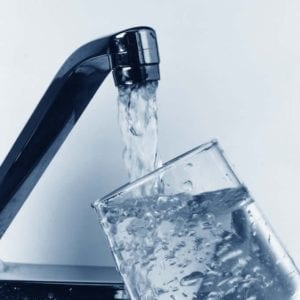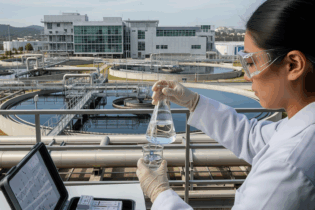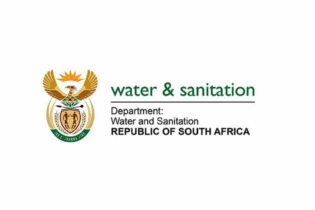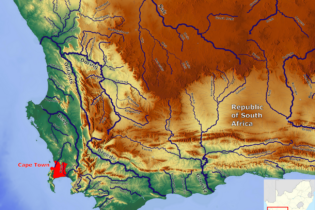
The Department of Water and Sanitation says the drinking water in Bloemfontein is safe and free of E.coli despite recent reports showing traces of the bacteria.
There were also fears that despite recent heavy rains upcountry, there was a possibility that water would run dry in some areas. Mea said although the Boskop reservoir’s levels were low, the situation was being closely monitored to avoid disruptions.
There were also concerns over the Brandkop reservoir being almost completely empty, however Bloemwater’s communications manager Pule Mlambo said the reservoir was more than 60% full. The Department of Water and Sanitation (DWS), Bloemwater and the Mangaung Metropolitan Municipality on Thursday said that there was “no truth in widely spread claims that the Bloemfontein drinking water has E-coli”. All three entities said water samples were “tested by the experts”. “We are pleased to announce that results confirmed that the water being supplied in this area meet the standards set by the South African National Standards (SANS) at 241:2015,” the department said. “There is no trace of E.coli and there are no extra dosages of chlorine used in the reservoirs at this stage.” The department added that if anything were wrong with water levels during testing, a public notice would be issued.





